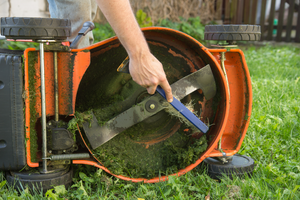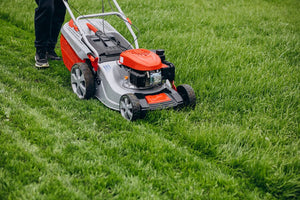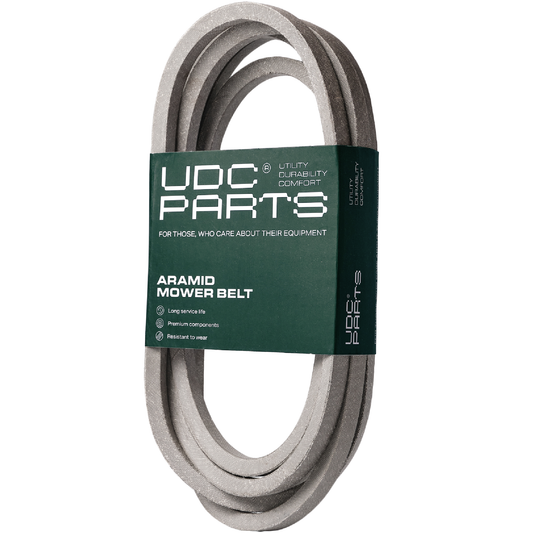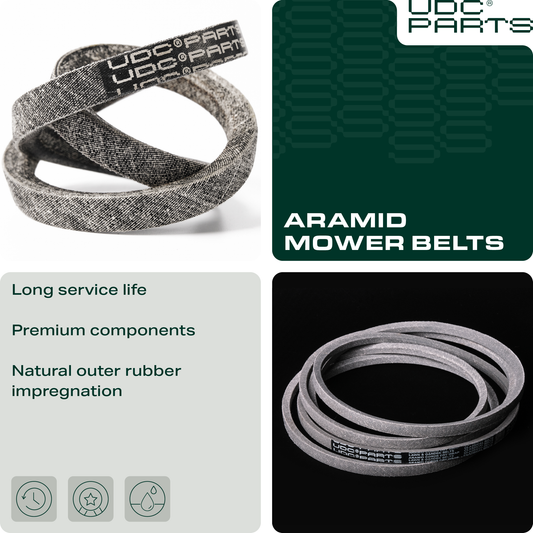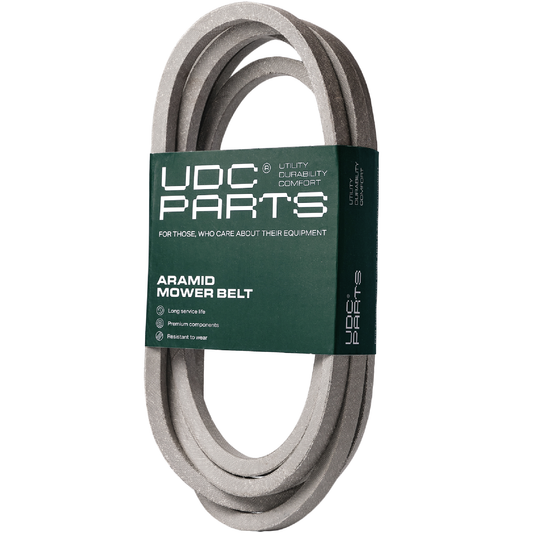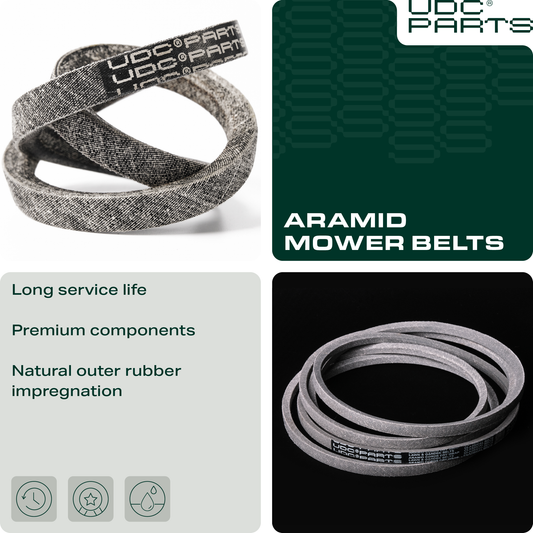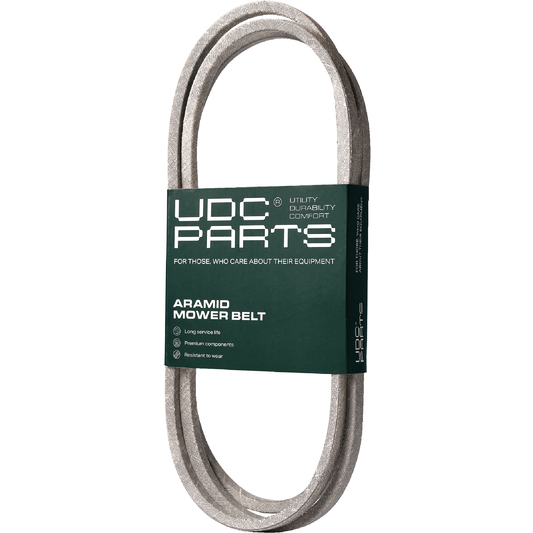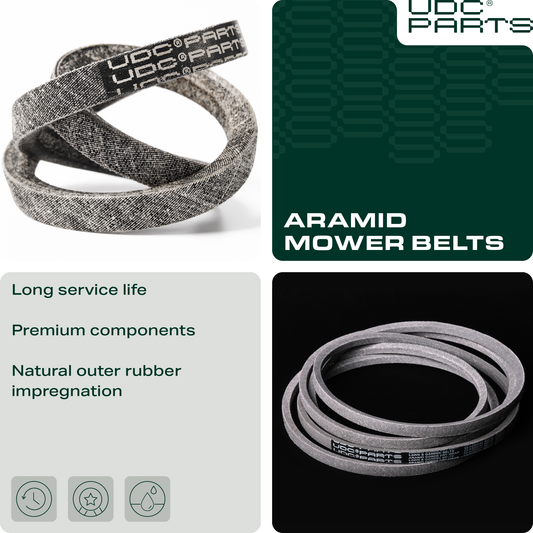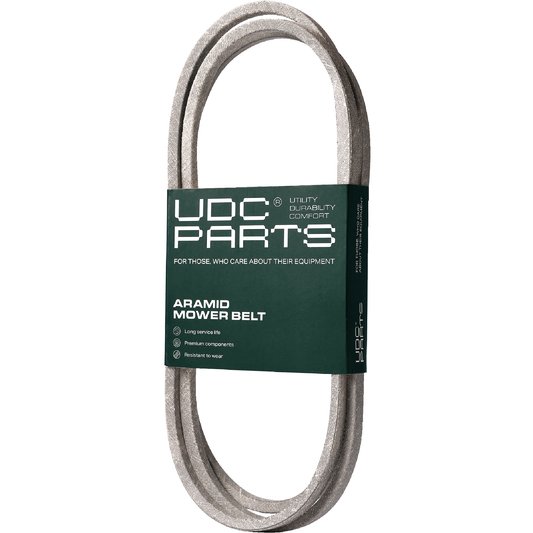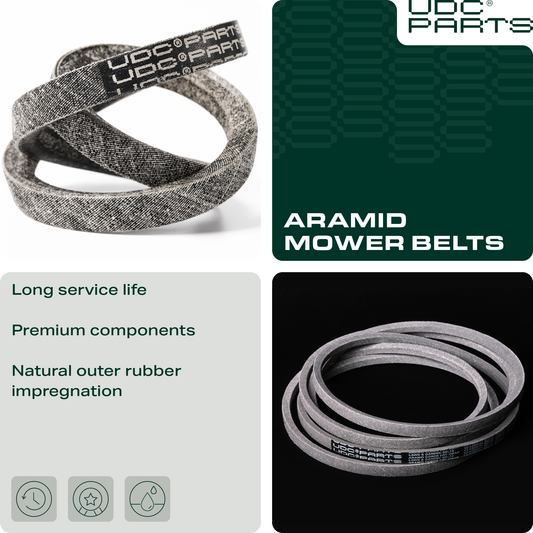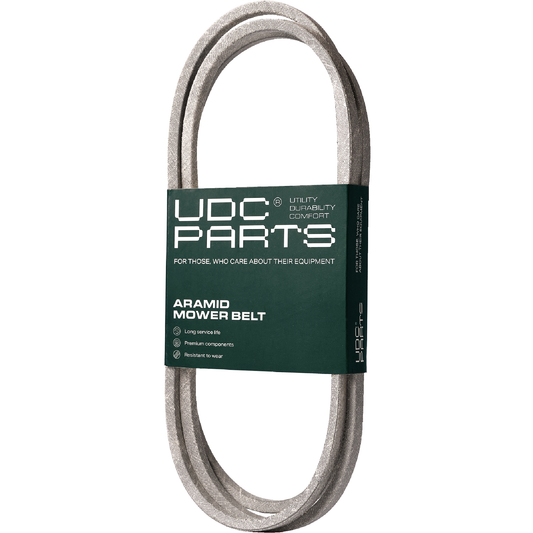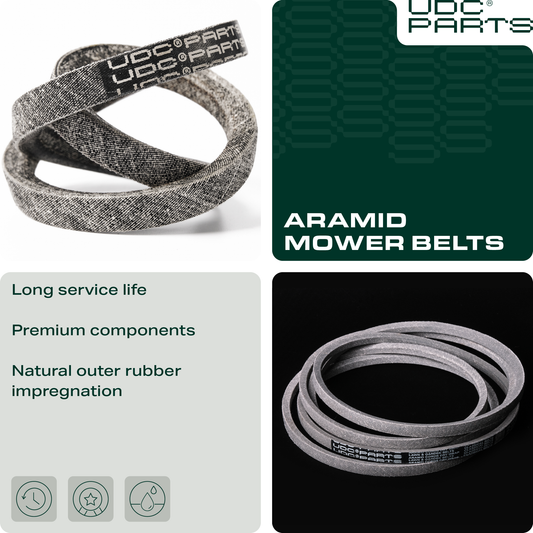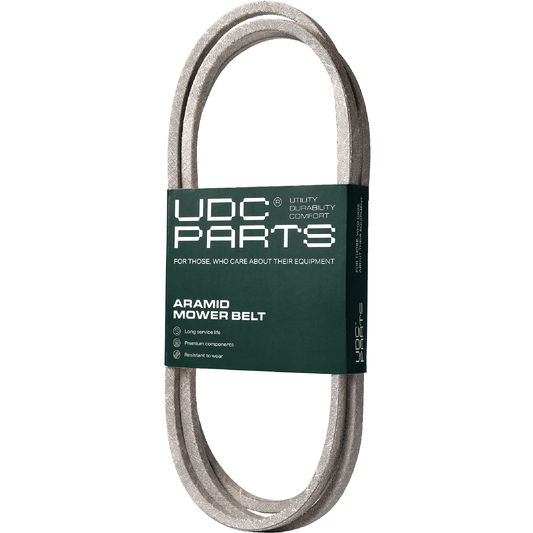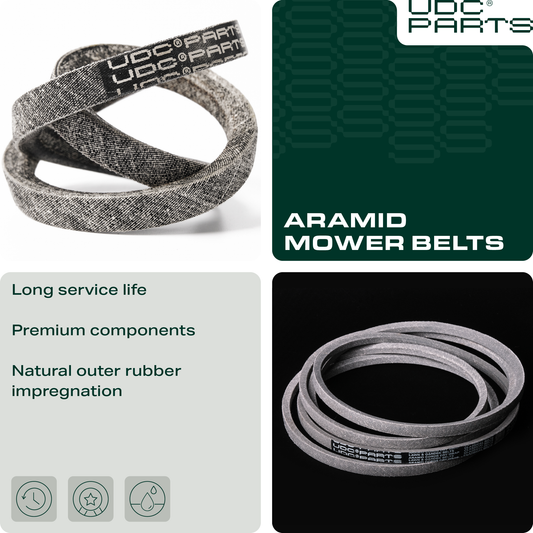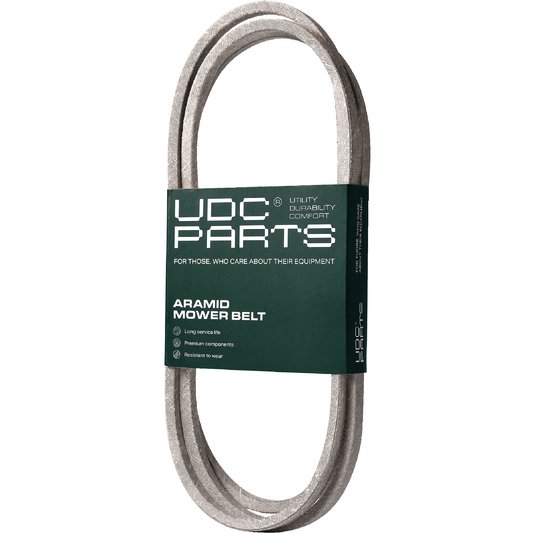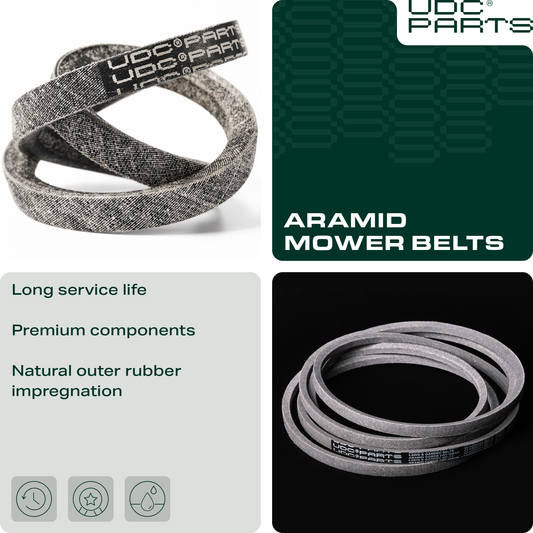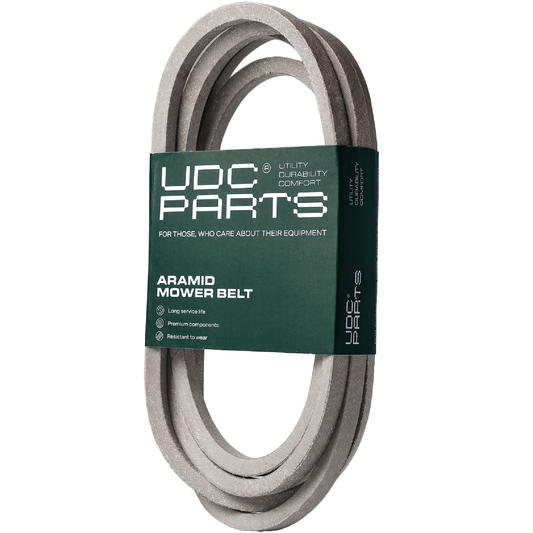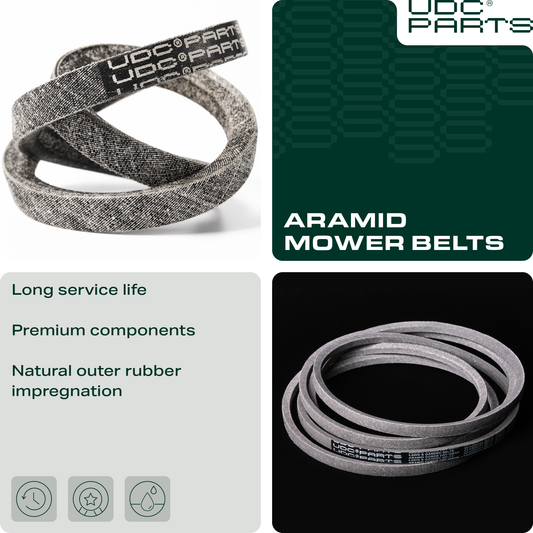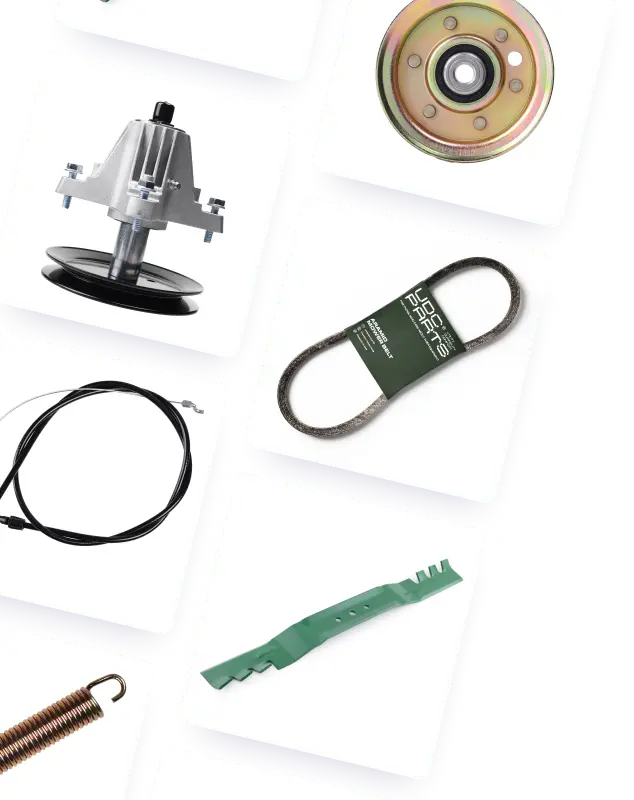
The Mower Belt is one of those consumables that fail quite often, and more importantly, unexpectedly. You can literally find yourself in a situation where you mow only half of the lawn and the other half remains untouched. To prevent this from happening you need to do two things: have the necessary stock of equipment and know how to replace mower belt.
Why Replacing Your Lawn Mower Belt is Important
Early replacement of the mower belt will prevent breakdowns, save you time, nerves, but most importantly prolong the life of the equipment, as well as bring its engine to the peak of its capabilities.
Tools and Materials You'll Need
For lawn mower belt installation you will need the following tools: socket wrench set, torque wrench, bungee cord, block of wood, work gloves.
How to Change Lawn Mower Belt
With the tools listed, and having the necessary technical skills, the whole operation will take you about 60 minutes. Here is how to replace lawn mower belt.
Disconnecting the Lawn Mower
Safety first, shut the engine off, remove the ignition key, disconnect the spark plug from the wires, lower the deck to the lowest position, and remove the blades.
Accessing the Belt
The Drive Belt is almost always in plain sight, in the center section of the mower.
Removing the Old Belt
- Step 1: Remove the Belt Guards
Unscrew and take off the mower deck belt guards. - Step 2: Detach the Belt-Keeper Rod
Remove the belt-keeper rod from the engine pulley. - Step 3: Loosen the Idler Pulley Nuts
Loosen the idler pulley nuts without removing them to simplify the belt removal. - Step 4: Document the Belt Routing
Take a photo of the belt routing for reference before removal. - Step 5: Remove the Mower Deck Belt
Carefully take off the mower deck belt from all pulleys, avoiding contact with the idler spring and the pulleys to prevent injury.

Installing the New Belt
Use the photo taken earlier for an identical installation.
Adjusting Tension
Check the tension on absolutely all pulleys on your machine.
Testing the Mower
Install the blade, return the mower deck to its original position, connect the power and start the mower. Warm up the machine a little and only then engage the mower deck. Experiment with the engine modes and listen for any abnormal sounds.
Common Mistakes to Avoid
Clean all areas from debris before work, take photos at every step of the installation, and remember to check all other parts before starting.
Incorrect Belt Sizing
Incorrect tension (even if it is not felt visually) can lead to bad outcomes, don't take any chances with this.
Reusing old or damaged hardware
This approach can increase the cost of repairs from dozens to hundreds of dollars. Just knowing how to put a belt on a lawn mower can save you a lot of money..
Over-tightening the new belt
This can happen either with the wrong model or incorrect installation.
Attempting replacement without proper tools
You will find it incredibly difficult to deal with the same belt guards and idler pulley guards by hand. If necessary, borrow a set from a neighbor.
Tips for Maintaining Your Lawn Mower Belt
Check the belt regularly for cracks, and don't try to use the machine at its maximum capacity all the time.
Regular Inspections
If you don't have the time, do inspections at least before the start of each season.
Proper Tension and Alignment
Check the tension information in the user manual and also the pulleys. Their misalignment can cause uneven wear on the belt.
Cleaning and Lubrication
The use of a light lubricant on pulley bearings can significantly extend the life of the machine. Also make sure that the lubricant does not get on the belt itself.
Get Expert Lawn Care Tips from UDC Parts
Hundreds of the most reliable belts are waiting for you at UDC Parts. We recommend that you stock up on two/three belts at once, plus we have special promotional offers for such sets on our website.

Conclusion
Regular inspections, cleaning, lubrication, correct tension and alignment should be the basis of your maintenance. Now you know how to change lawn mower belt. It's not a big deal, but it does take time.


